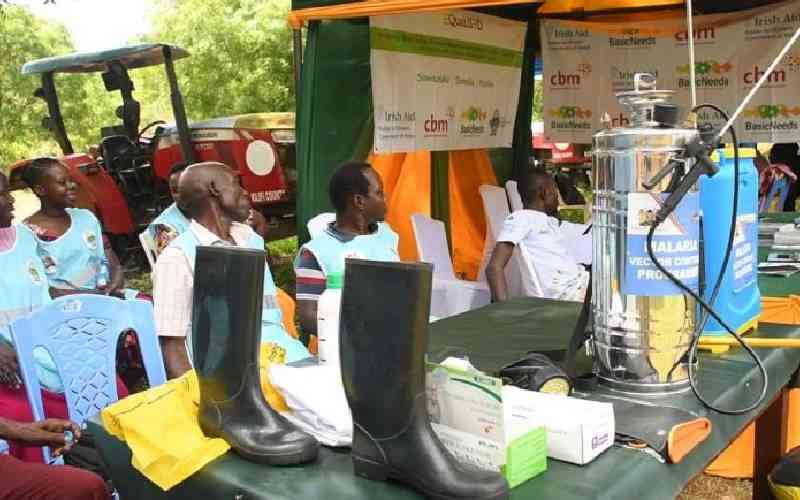
A commission of experts has picked asthma as the top priority non-communicable disease (NCD) in Kenya.
The commission was established by the Ministry of Health in 2016. It has listed asthma at the top of 14 NCDs it recommends for prioritisation and immediate action.
The team of doctors in its final report says this will require Sh54 billion annually to avert 9,000 deaths from NCDs by 2030 in line with UN targets on lifestyle diseases. On Wednesday, prior to the UN high level meeting on NCDs on Thursday in New York, we asked people on the streets of Nairobi which disease should be prioritised.
“Cancer,” said all the 20 working class Kenyans we engaged, while a few also mentioned kidney disease. Their feedback resonated with recent calls by legislators and politicians who want cancer declared a national disaster with dedicated funding.
But the priority list drawn up by the Kenya Non-Communicable Diseases and Injuries Poverty Commission has several surprises.
Top on the list of 14 is asthma, followed by respiratory diseases, heart conditions then diabetes. It is estimated about 6.2 per cent of adults and 12.6 per cent of children in Kenya suffer from asthma.
Cancer comes fifth and this only includes cervical, female breast cancer and Burkitt cancer, which mainly affects children. For this and related activities, the commission’s leader Dr Joseph Kibachio, was among several individuals awarded on Thursday at UNGA in New York.
Dr Kibachio, the head of NCDs Division at the Ministry of Health has also been part of an international team which prepared a report for Thursday’s UN High level meeting on NCDs in New York.
The special panel reviewed the global progress in addressing the threat of NCDs. Progress so far made in Kenya is contained in the Kibachio Commission report presented to the government in July. The commission, the report explains, had a deliberate bias towards conditions which mostly affect the poorest in society.
“Their mandate was to develop a pro-poor platform on which to achieve substantial reductions in premature death and suffering from NCDs,” says Dr Jackson Kioko, Director of Medical Services and the appointing authority.
The working, the middle class, the rich and urban Kenyans, the report says, have more access to NCD health services compared to the poor and rural people.
For example, the team of 24, mainly medical doctors from the Health Ministry investigated the availability of NCD health services both in rural and urban Kenya. Of 14 medications for various NCDs, only two, aspirin and the painkiller paracetamol were significantly available in rural areas.
Comparatively, while the medicines were available in more than a third of urban facilities, they were only available in 22 per cent of facilities in rural areas.
Again painkillers, glucose and the water pill used for treating high blood pressure were the only abundant medications in public facilities.
When the team further investigated trends in Blood Pressure screening, more of the rich than poor had been screened.
“Cancer screening was dramatically higher in the wealthiest groups compared to the poorest for the various cancers,” says the report.
 The Standard Group Plc is a multi-media organization with investments in media
platforms spanning newspaper print
operations, television, radio broadcasting, digital and online services. The
Standard Group is recognized as a
leading multi-media house in Kenya with a key influence in matters of national
and international interest.
The Standard Group Plc is a multi-media organization with investments in media
platforms spanning newspaper print
operations, television, radio broadcasting, digital and online services. The
Standard Group is recognized as a
leading multi-media house in Kenya with a key influence in matters of national
and international interest.











